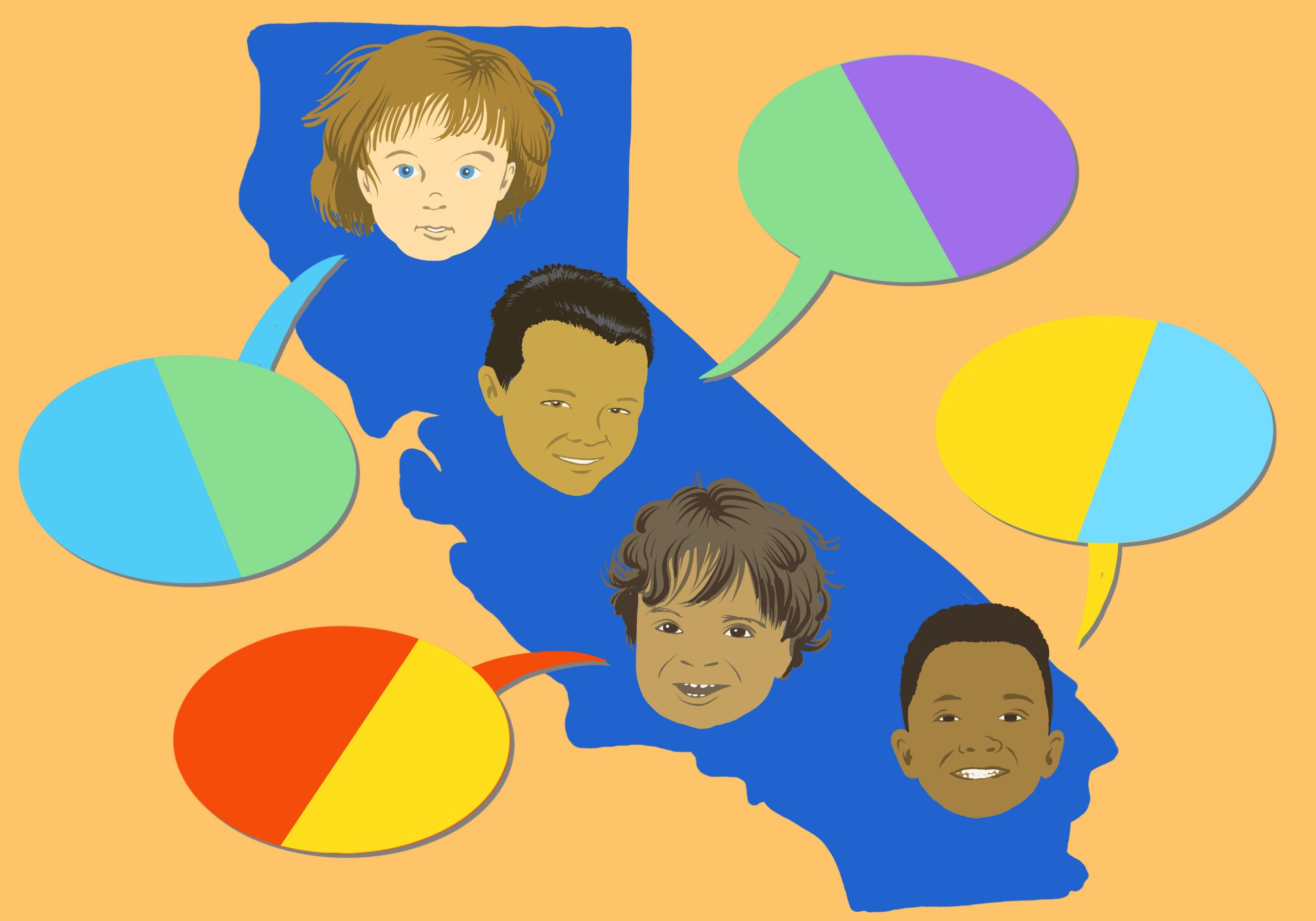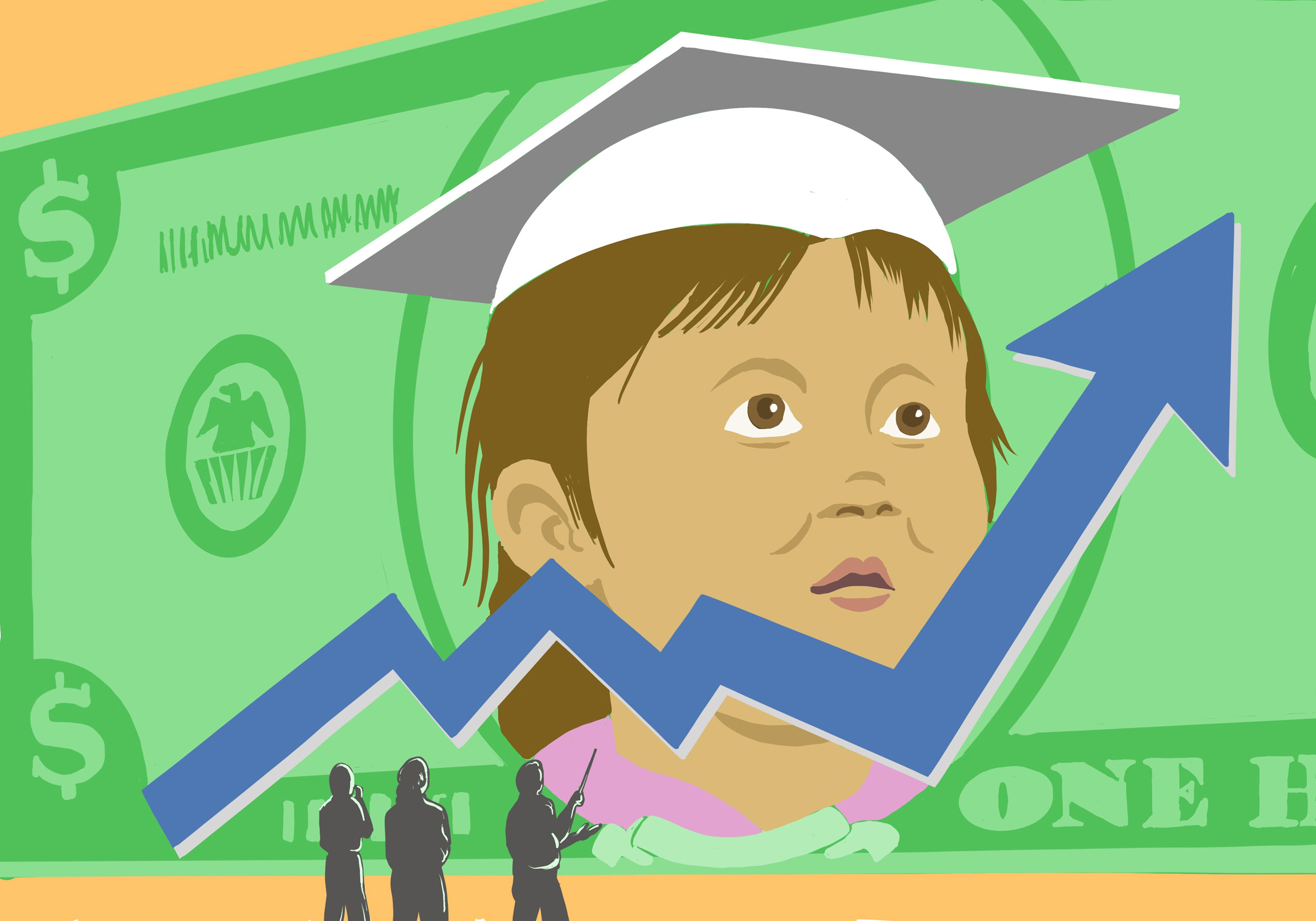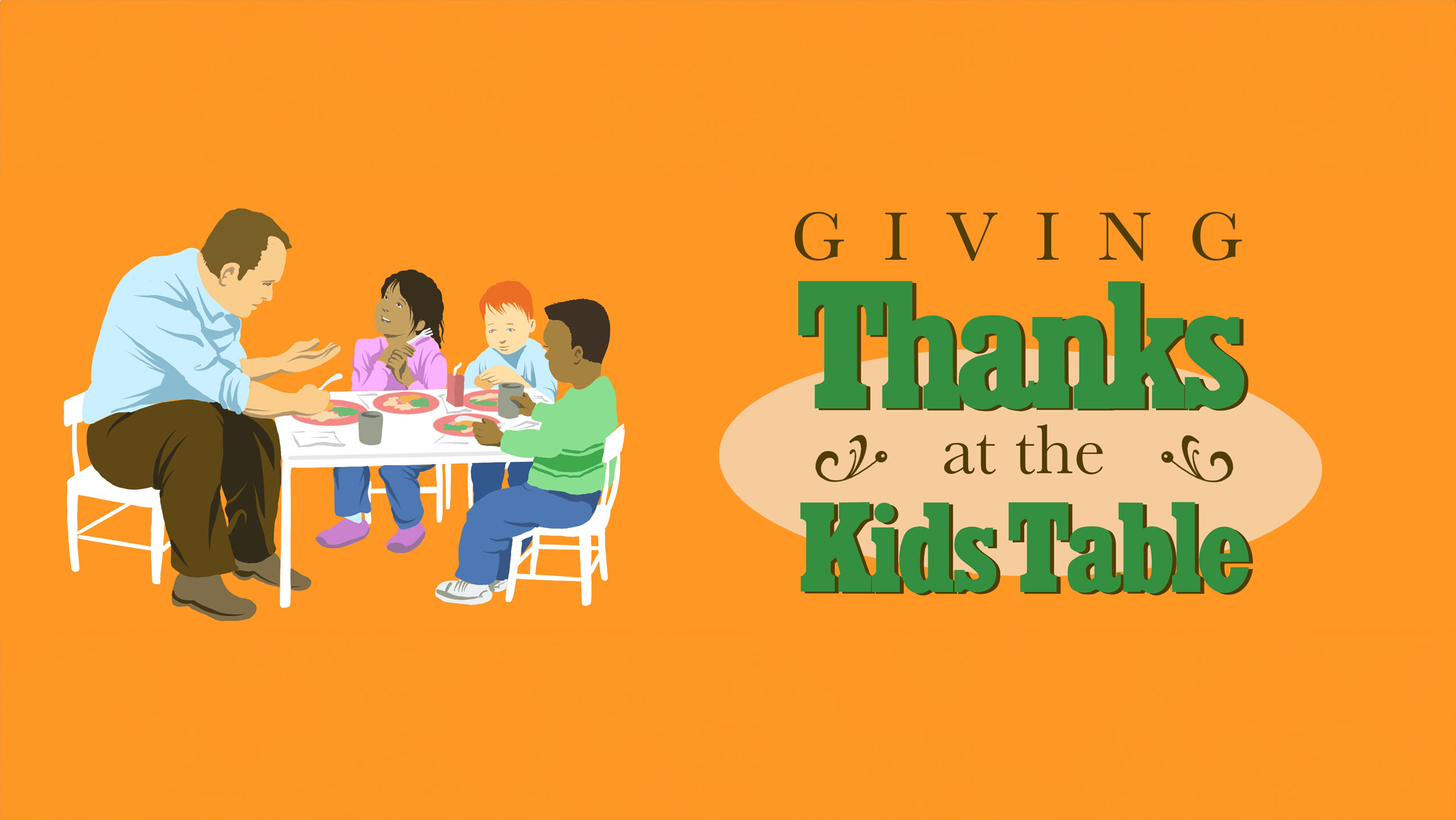Every year, Early Learning Nation magazine asks experts and friends what they’re thankful for in the early learning world. This year, contributor Mark Swartz asked our favorite people to pretend they’re sitting at the kids table for Thanksgiving and talking to a five-year-old (i.e., no big words).
Here’s what they said:
“I’m the president of a special group that helps kids under eight years old like you! I’m so thankful because I get to help kids be healthy from birth, go to affirming and good schools, eat yummy vegetables, use the Internet safely, read fun books with kids and families that look like them, breathe clean air and drink clean water, be seen as kids and play outside with friends in their neighborhood. I want all kids, especially Black and brown kids, to have a happy and joyful childhood where they can be their energetic selves!”
—Leah Austin, Ed.D., President and CEO, National Black Child Development Institute (read “A Sense of Urgency Like Never Before” and watch our video interviews from the Early Learning Nation Studio with Dr. Austin and attendees at the 2023 NBCDI conference)
 “I’m thankful, particularly in the absence of congressional action, that state policymakers are taking the lead for young children—in red states and blue. What do North Dakota and Vermont have in common? This year the answer is transformative, bipartisan investments in child care.”
“I’m thankful, particularly in the absence of congressional action, that state policymakers are taking the lead for young children—in red states and blue. What do North Dakota and Vermont have in common? This year the answer is transformative, bipartisan investments in child care.”
— Dan Wuori, Ph.D., Senior Director of Early Learning, the Hunt Institute (check out our Top Takeaways, many of which recap webinars hosted by Dr. Wuori)
“I am grateful for every single adult who plays a loving role in the life of a child. Whether they know it or not, they are helping to build kids’ brains and lay the foundation for a life of learning.”
—Dana L. Suskind, M.D., Founder and Co-Director, the TMW Center for Early Learning + Public Health, and author of Parent Nation (read “Extreme Situations Can Be Clarifying”)
“I’m fortunate to live in a state where the needs of children and families continue to be prioritized by policymakers, advocates and our resilient workforce. From historic state investments to early learning, to volunteer Chicagoans who continue to tirelessly provide supports to our newest arrivals, Illinoisans have demonstrated their commitment to ensuring that young children have the opportunity to thrive.”
—Julissa Cruz, Senior Director, Community-Based Advocacy, the Carole Robertson Center for Learning (read “Freedom Crawls before It Can Walk”)
 “I’m thankful that more children in California will be able to go to preschool and will have the opportunity to learn more than one language thanks to our organization’s efforts in partnership with fellow early learning advocates and leaders in our state.” —Carolyne Crolotte, Director of Dual Language Learner Programs, Early Edge California (read “Unleashing the Potential of Young Dual Language Learners”)
“I’m thankful that more children in California will be able to go to preschool and will have the opportunity to learn more than one language thanks to our organization’s efforts in partnership with fellow early learning advocates and leaders in our state.” —Carolyne Crolotte, Director of Dual Language Learner Programs, Early Edge California (read “Unleashing the Potential of Young Dual Language Learners”)
“I am incredibly grateful that the narrative is shifting around early learning. Specifically, an understanding that our economy doesn’t work without child care; it is fundamentally an economic issue.”
—Chastity Lord, President and CEO, the Jeremiah Program (read “More Than Meets the Eye”)
“I am thankful for teachers who take the time to learn. Teachers who continually perfect their craft are an asset. My actual five-year-old daughter says, ‘I’m thankful for school because my teachers make me smart.’”
—Danielle Grant, educator, Joseph Lee Elementary School, Boston, Mass. (read “Two UMass Boston Early Childhood Fellows Share Their Stories”)
“I am most thankful for everyone working to build a society where children and families have everything they need to be safe and cared for in their homes and communities. As a society that truly cares about children and families, we should expect nothing less, and I’m grateful for everyone doing the work to make this vision a reality.”
—Alan Dettlaff, editor, Confronting the Racist Legacy of the American Child Welfare System (read our review)
“Here’s what I am thankful for: For Ani, Mari and Liza (teachers at my son’s daycare) who provide my son with love, comfort and plenty of opportunities to learn and explore. For the few green areas and mulch in the parks near our home where my son can get dirty while learning about nature. For my colleagues who are working hard to build a future where all young children and families are supported, healthy and happy!”
—Ankita Chachra, Senior Fellow, Capita (read our interview with Chachra and Tim Gill)
“My family grew this year, and, more than ever, I’m grateful for the early childhood professionals and caregivers who nurture my kids. These folks help our entire family to thrive. And they make it possible for me to work to help other families access quality early care and education.”
—Erica Meade, Senior Policy Manager, New Practice Lab at New America (read “Escaping the Policy Labyrinth”)
 “I’m grateful that more and more in the early childhood field are recognizing the importance of centering parental economic mobility in programs to help improve child outcomes. Parent income is an incredibly strong predictor for child outcomes, ranging from early literacy and health to college attendance rates. In our work at EMPath and with our partners in the field, we see firsthand how integrating an economic mobility lens has the potential to help families thrive and, ultimately, to have a positive impact on children’s lives.”
“I’m grateful that more and more in the early childhood field are recognizing the importance of centering parental economic mobility in programs to help improve child outcomes. Parent income is an incredibly strong predictor for child outcomes, ranging from early literacy and health to college attendance rates. In our work at EMPath and with our partners in the field, we see firsthand how integrating an economic mobility lens has the potential to help families thrive and, ultimately, to have a positive impact on children’s lives.”
—Kim Janey, President and CEO, EMPath (Economic Mobility Pathways; stay tuned for our interview)
“I am thankful for the teachers who help the next generation to learn more deeply, feel more engaged and thrive both in their mental and physical health. I’m so grateful that the conversation around early learning now emphasizes resilience, coping and well-being as well as academic skills.”
—Rebecca Rolland, Ed.D., author of The Art of Talking with Children (read our interview)





